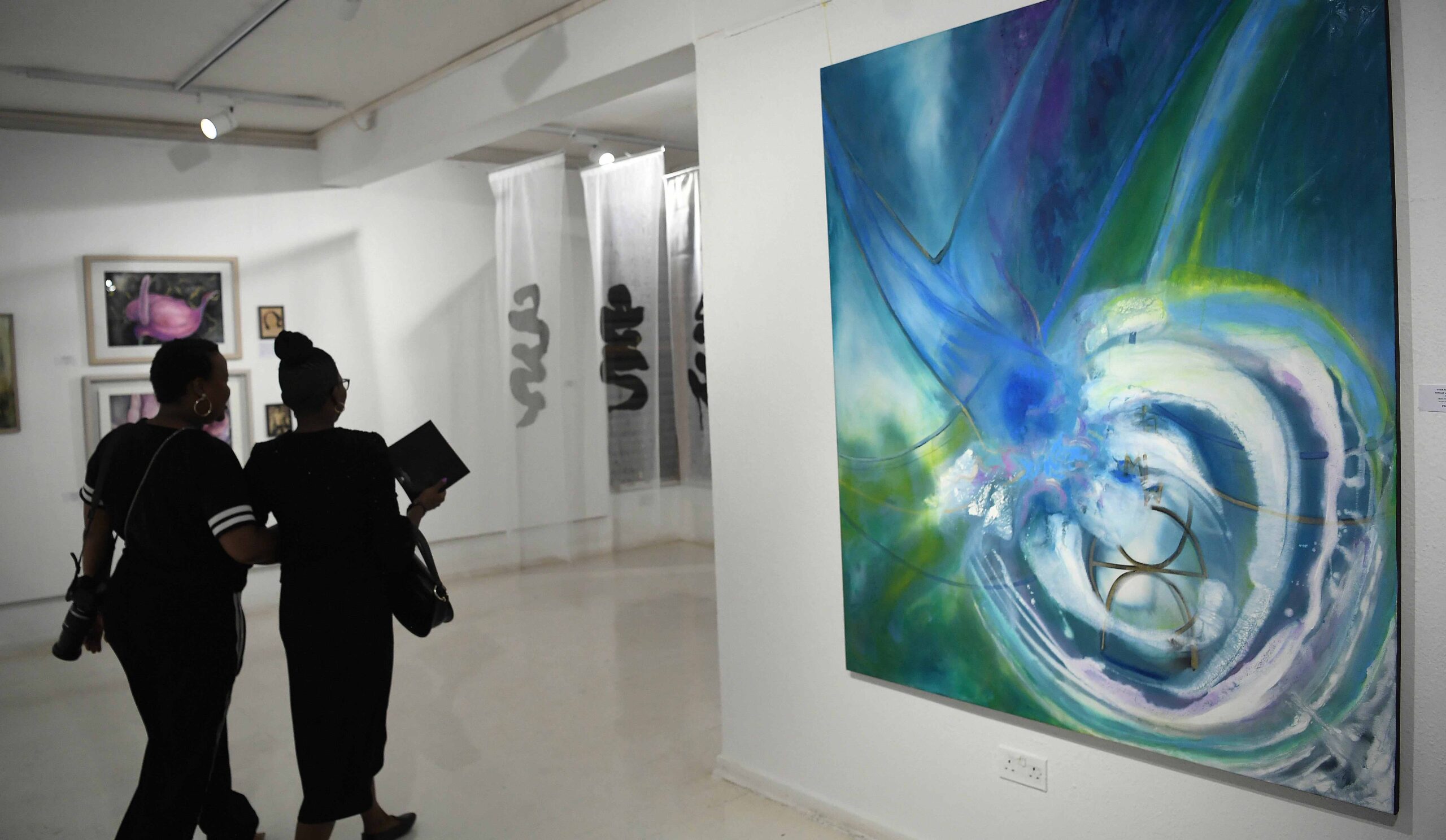The Botswana Centre for Public Integrity is calling on artists to bring their creativity, imagination and skills to the war on corruption by means of an exhibition on 9 December after which the works will be contributed to the Commonwealth Africa Anti-Corruption Centre. Staff Writer GOSEGO MOTSUMI reports
With issues of greed and corruption making regular headlines, the Botswana Centre for Public Integrity (BCPI) believes that corruption is a cancer that they cannot afford to take a break from fighting.
For this reason, the organization is inviting artists across the diverse range of creativity and imagination to submit original works that will help fight corruption or teach people about fighting it. Aptly titled, “I Say No to Corruption,” the art competition is in recognition that artists can have a say in what is right or wrong using poetry, music, poetry, lyricism, painting, photography, videography, theatre and other art forms.
Programmes Officer at BCPI, Thabo Khanda, explains: “Our belief at BCPI is that when you know better, you do better and you demand better of yourself and of others. And that inspires us to include, to engage and to involve artists in the fight against corruption. The competition is one way of involving people in the combating of corruption.”
“Corruption denies development and denies access to opportunities, economic growth and building of wealth and artists are usually the most hard-hit. Therefore, we are invigorating artivism to demand good governance and integrity as an approach to fighting corruption and to ensure that people benefit from public goods and services.”
The competition is part of BCPI’s mandate to support various sectors in raising awareness on integrity and the fight against corruption through art. Khanda says they chose the concept of using art because it is a medium of communication that can lead to change in challenging trajectories of civilisations, when used right. The art competition is therefore an opportunity for the public, especially the youth and children, to learn more about corruption through fun and creativity.
“From the perspective of humanities and social sciences, you get to understand that learning comes in different forms and that advocacy and campaigning comes in various forms,” Khanda notes. “However, artists tend to be forgotten but art and culture can be the biggest instruments of teaching and learning.”
BCPI will mount an exhibition of the works on 9 December 2020 to coincide with the International Anti-Corruption Day of the BCPI Integrity Week. Across different categories, the will be a First Prize of P1500, a Second Prize of P1250 and Third Prize of P1000.
The artworks are usually donated to the Commonwealth Africa Anti-Corruption Centre after the exhibition.

